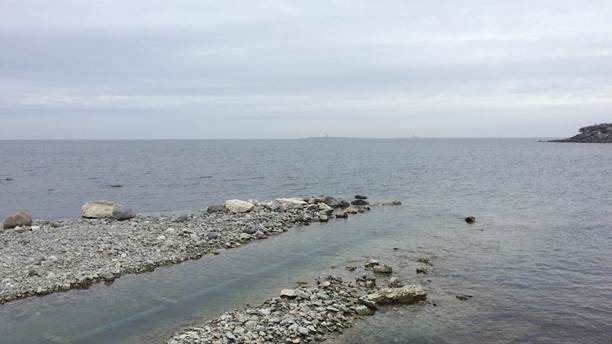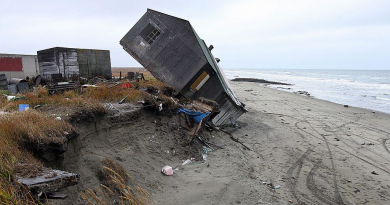Sweden: Gotland & Öland could face severe water shortage

Record-low groundwater levels have been recorded on the islands of Öland and Gotland in southeastern Sweden and may lead to a severe shortage of drinking water this summer.
The regional government on Gotland has invested in a new desalination plant that it hopes will help solve the problem.
The groundwater levels on Gotland and Öland have never been lower, at least not since the 1960’s when the expert agency on groundwater, the Geological Survey of Sweden, started collecting data.
“This is a pretty extreme situation. We have never measured levels this low before,” Bo Thunholm, a hydrologist at the Geological Survey of Sweden tells Swedish Radio’s science department.
Trucks bring water from mainland
On the island of Öland, trucks have shuttled water from the mainland several times a day for the past few weeks, and on the island of Gotland trucks carrying water have been running daily from the main city of Visby to different areas along the coasts. In an attempt to conserve water, the regional government on Gotland has even passed a watering ban, limiting the use of water to drinking and cooking only, starting on April 1.
Bo Thunholm says that the next few months will have to be much wetter than normal for southeastern Sweden to avoid a severe water shortage in the summer when the population on both Öland and Gotland often increases dramatically because of tourism.
But the regional government on Gotland hopes to better their odds through a brand new desalination plant that will be ready in July. The water plant will use the brackish water from the sea and filter away the salt and things like plastics and is meant to produce enough water for up to 3,000 residents – that is about 5 percent of the island’s total population.
Rikard Widén works for the municipal water district and tells Swedish Radio’s local station on Gotland that the plant could have a huge impact on the situation.
“The best thing about this plant is that we can get a boost of fresh drinking water when we need it the most, and in our case that means during summer when our groundwater levels are typically very low. This could potentially give us a much welcomed boost when we need it the most,” Widén says.
The regional government on Gotland plans on building two even bigger desalination plants once the first one is finished.
Related stories from around the North:
Canada: Canadian river carries carbon from thawing permafrost to sea, Alaska Dispatch News
Finland: Climate change brings new insect arrivals to Finland, Yle News
Greenland: Rising seas culprit – ice or heat?, Deutsche Welle Ice-Blog
Sweden: Protest Sweden’s groundwater say scientists, Radio Sweden
United States: Warming evident in Arctic air and waters – report, Alaska Dispatch News



